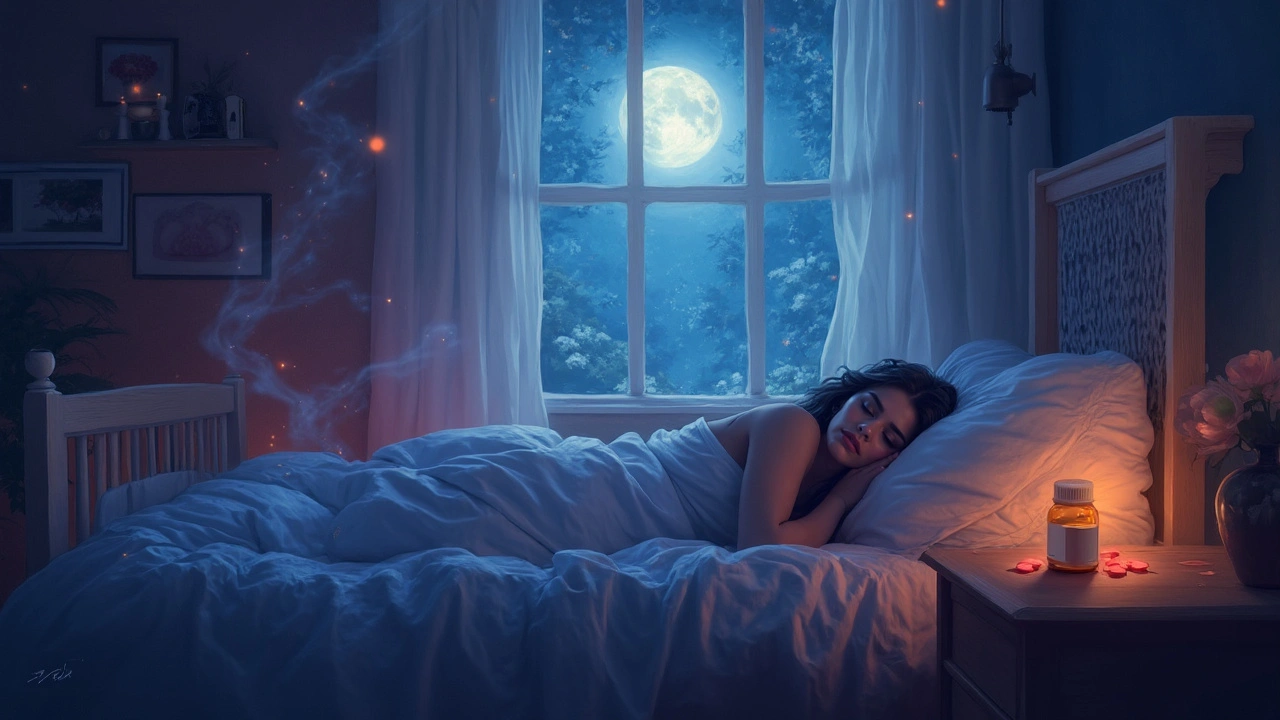Sleep Quality: Simple Steps for a Restful Night
Ever wake up feeling like you barely slept? You’re not alone. Most people struggle with at least one factor that hurts their sleep, from bright screens to late‑night snacks. The good news? Fixing those habits doesn’t require a radical overhaul—just a few easy tweaks you can start today.
Common Sleep Disruptors
First, let’s nail down what usually throws your night off. The biggest culprits are:
- Screen glow. Phones, tablets, and laptops emit blue light that tricks your brain into thinking it’s daytime.
- Caffeine after noon. Even a small cup can keep you wired for hours.
- Irregular bedtime. Your body loves a routine; shifting it by a couple of hours confuses your internal clock.
- Heavy meals late. Digestion spikes metabolism and makes it harder to wind down.
Spotting which of these hits you hardest is the first step. Keep a quick note on your phone for a week: when you drink coffee, when you scroll, when you eat late. Patterns pop up fast.
Everyday Habits That Help
Now, swap the bad habits for good ones. Here are three that give the biggest bang for the buck:
- Dim the lights an hour before bed. Switch to warm lamps or use a blue‑light filter on devices. Your melatonin will rise naturally.
- Set a wind‑down window. Spend the last 30 minutes doing something calm—reading a paperback, gentle stretches, or deep breathing. No scrolling.
- Keep the bedroom cool. Aim for about 65°F (18°C). Cooler temps signal your body that it’s time to sleep.
Stick to these for at least a week and notice the difference. Most people report falling asleep faster and waking up less often.
If you still feel groggy, consider a short “sleep hygiene” audit. Ask yourself: Do I gamble with late‑night caffeine? Is my room dark enough? Are I going to bed at the same time every night? Answering honestly helps you tighten the loop.
Remember, improving sleep quality isn’t a one‑size‑fits‑all puzzle. Experiment with the tips above, track what works, and you’ll soon build a routine that feels natural. A good night’s rest fuels better focus, mood, and overall health—so it’s worth the small effort.

